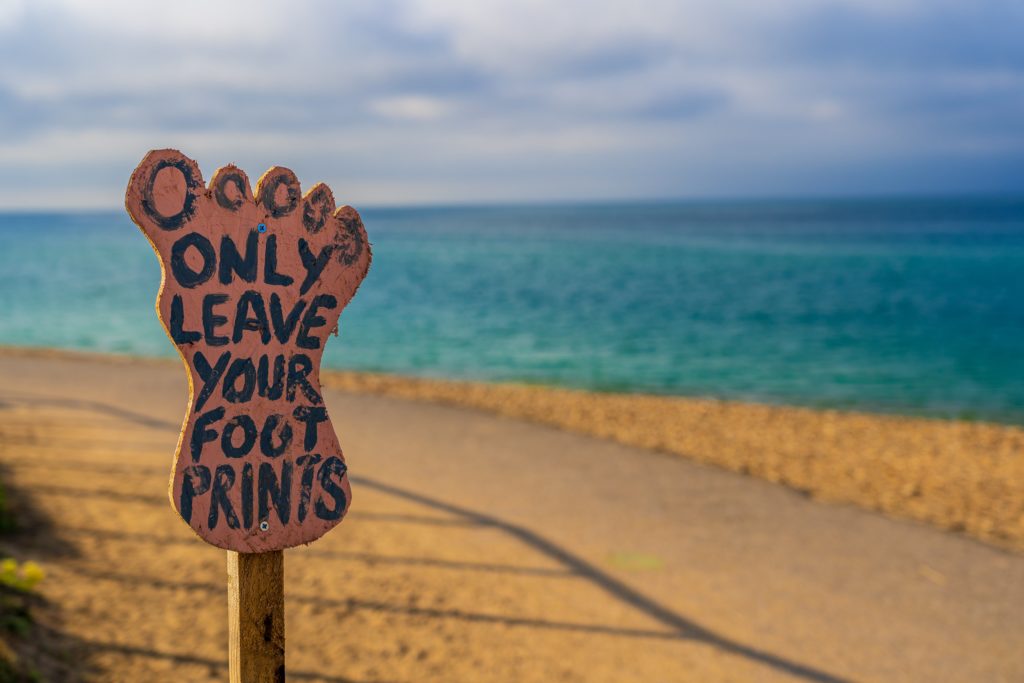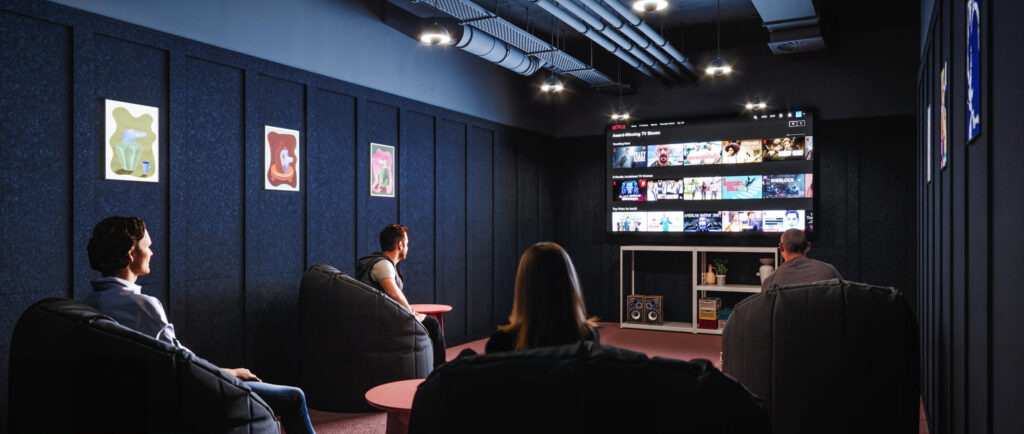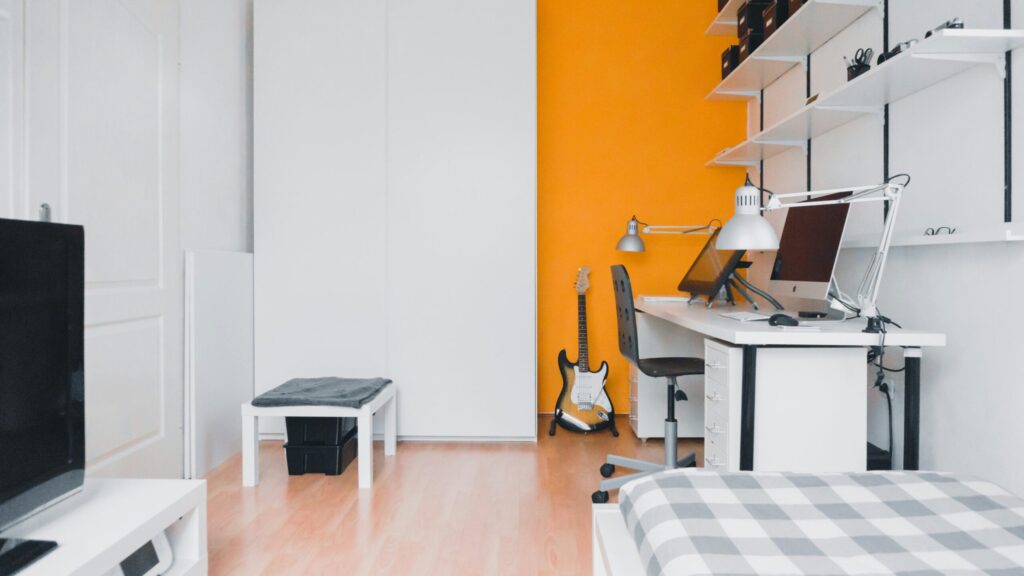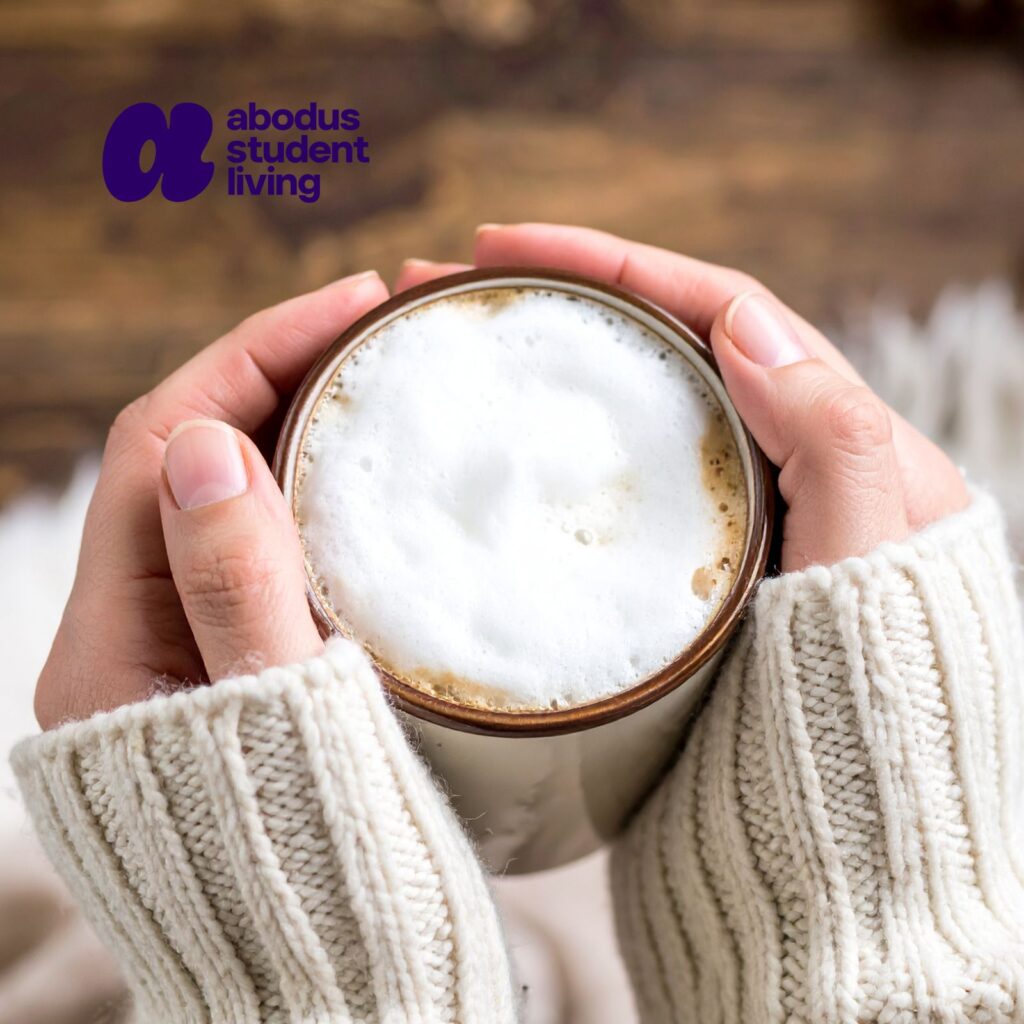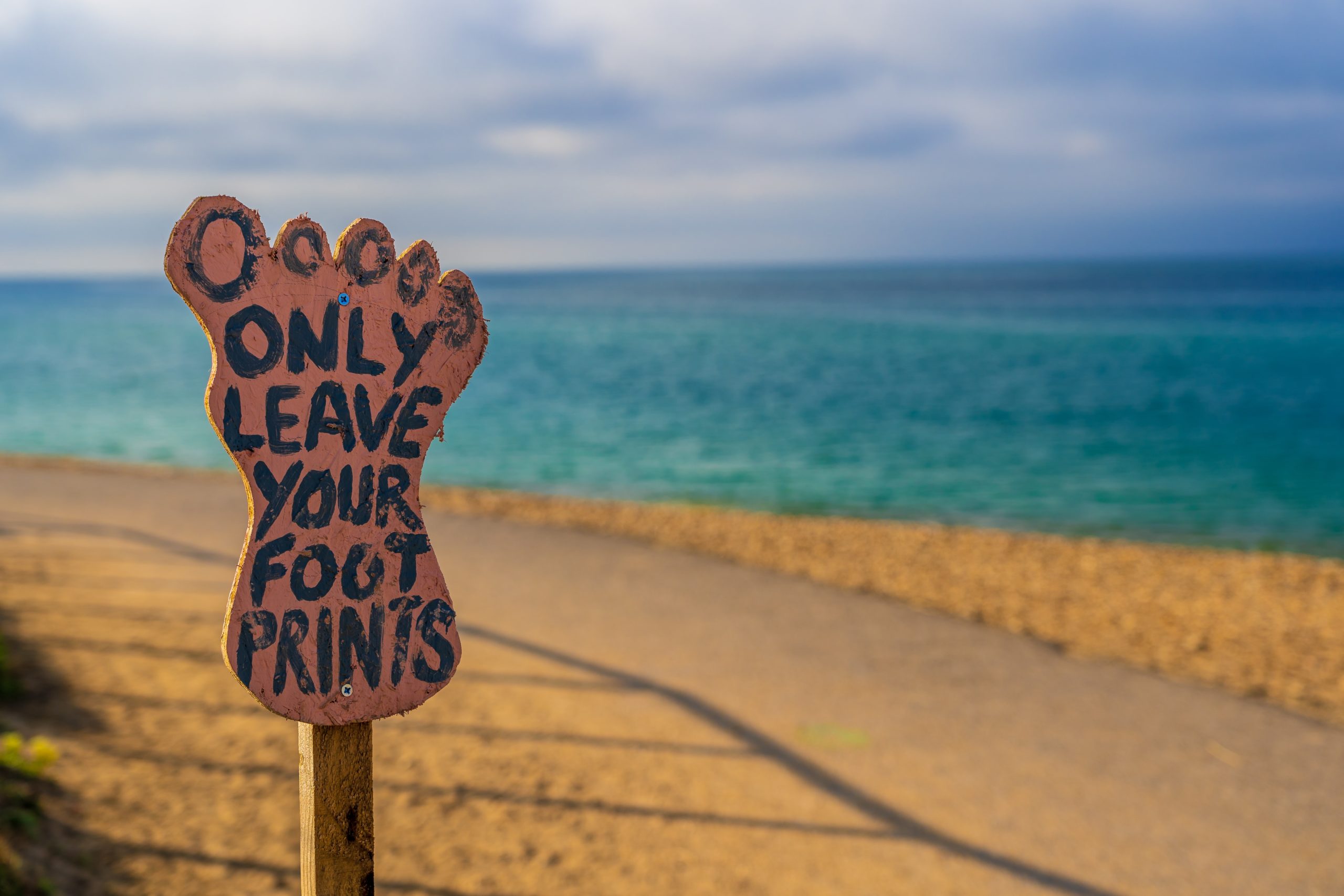
Guest blog by Nutritionist and Recipe Developer, Hannah Trueman
The problem with plastic
Plastic pollution is an urgent global crisis that impacts literally everything in our world. An eyesore at best, tiny pieces of plastic, also known as microplastics, have been found everywhere from the highest of mountain summits to the deepest of ocean trenches, with catastrophic effects on the natural world and human health. These microplastics have seeped into the air we breathe, the food we eat, the water we drink and the earth beneath our feet, which means they make their way into not only our bodies, but the bodies of all the animals and plants we share the planet with, and the intricate web of ecosystems that exist all around us (upon which human life actually depends). Every stage of plastic production; use, transportation and disposal, has huge implications for human, animal and environmental health, and is directly linked with many serious human health conditions including cancer, diabetes, reproductive and hormonal problems, respiratory diseases and many more. Additionally, plastic pollution disproportionately affects Black, Brown and Indigenous (BIPOC), rural and low-income communities, making it a social justice issue that often slips under the radar. Despite the urgent and well-publicised need to dramatically reduce our reliance on fossil fuels (from which most plastics are derived) the plastic and petrochemical industries continue to grow rapidly. In short, we must act now.
What you can do
These facts can seem daunting and far beyond our influence or control, but please do not underestimate the impact you can have. Undeniably, huge change is needed from world leaders and these destructive industries, but every single one of us must do more to address this problem, starting now. Here are 20 things you can do to reduce your daily waste and reliance on single-use plastics, and have a positive impact on your own health, the health of our planet and the health of all the beautiful beings we share it with:
- Carry reusable shopping bags
If you aren’t already doing this, start now. Literally ban yourself from ever accepting a plastic bag from a shop again. Keep them in your car, in your pockets and if you forget, ask the store if they have a cardboard box your can use, or just do your best to manage without (it’s surprising how many things you can balance in your arms when you really have to). There really is no excuse for this one.
- Shop at farmer’s markets and local independent food stores
Buying your food from small local businesses is a great way to reduce plastic as generally produce is wrapped in less, or no, unnecessary packaging. It’s also a way to support small businesses in your local community. The best bit is that generally the people that open these stores are super passionate about what they do, meaning their products are higher quality and they’re more likely to use ethical practices. Depending on where you live and what’s in season, this can be more or less expensive than supermarkets, so do your research. It may be that doing your shopping in more than one place may actually be the most cost-effective option, which may take a little longer, but you’ll soon get into a new routine.
- Grow your own food
Not everyone has the time or resources to grow their own food. Start small with some herbs in pots on your windowsill. Microgreens and chillies are good ones for beginners too.
- Favour homemade over store-bought
Save on single-use plastic (and money!) by making more of the food you eat at home rather than buying ready meals and processed foods. Dips, dressings and sauces are a good place to start if you’re new to cooking or are short on time. This also means you have complete control over what actually goes into your food and can tweak ingredients to your tastes and dietary requirements.
- Drink coffee and hot drinks from a reusable cup
If you buy coffee or hot drinks when you’re out and about, invest in a reusable cup and make sure you don’t leave the house without it. And, if you do, don’t allow yourself to buy a coffee that day. You’ll soon start remembering your reusable cup…
- Switch up your tea bags
Plastic finds its way into so many of the unsuspecting of household items we use everyday, including teabags. Opt for loose leaf tea and a reusable strainer instead.
- Avoid bottle water
In the UK we are lucky enough to have access to clean drinking water, yet we still throw away 7.7 billion plastic water bottles every year. Avoiding bottled water is something we really should all be doing at this stage and requires no more than simply remembering to take a reusable bottle with you.
- Say no to plastic straws
Either just go without, or take a reusable one with you. Most places now don’t offer straws as standard like they did in the past, but you may need to specify when ordering in some places. If they do give you a straw without asking you, consider suggesting they stop doing this.
- Switch to plastic-free chewing gum
Unbeknown to many, there is plastic in most gum, it’s what makes it chewy. Additionally, most gum contains other ingredients that aren’t great for your health, including artificial sweeteners, calcium phosphate and dioxides, so opting for a natural gum that doesn’t contain plastic is better for the planet and better for your health.
- Switch from plastic bottles to bars or refills for your beauty and personal care products
Buying soap bars or liquid refills from your local plastic free store is an easy way to reduce your use of plastic in the bathroom. As a further bonus, these products are generally made from natural ingredients, meaning you’ll reduce the number of toxins that end up in your body, and that wash into the oceans. Win, win.
- Choose clothes, furniture and other household items that are made from sustainable or recycled materials, avoid fast fashion, shop second hand
This is all about shifting your habits surrounding shopping. Fast fashion, furniture and the likes, are some of the biggest polluters in the world. They use cheap plastics in their manufacturing processes and often employ garment workers under terrible conditions. Many of these items are poor quality and as a result are worn just a couple of times, or used for a short period of time, before they end up in landfill where they can take hundred of years to biodegrade. Choose to support companies using ethical practices, sustainable materials, or head to your local charity shop or clothes swap.
- Switch to plastic-free sanitary items
When you think how many pads or tampons the average woman uses throughout her life (it’s more than 11,000), it’s not surprising that sanitary items make up more than 200,000 tonnes of waste per year. These items are often found along shorelines and in the systems of marine life, and can take more than 500 years to decompose. Recent studies have also suggested there may be negative health implications for women using these products. So, there’s just a few reasons to switch to plastic-free, eco-friendly alternatives such as menstrual cups, period pants, organic cotton tampons, pads and reusable applicators.
- Recycle properly
Whilst the system is far from perfect, recycling (properly) reduces the number of plastic items that end up in landfill. Check you are using the right bins for your waste, make sure bottles, cans, paper and cardboard are clean, don’t put any liquids, food, or plastic bags in the recycling. The goal is actually to reduce your use of items that need recycling in the first place, as the process still uses a vast amount of energy and resources. Whilst it’s sometimes unavoidable, limiting single-use plastic, avoiding packaging altogether where possible and choosing products packaged in glass, paper or compostable materials, will help you do this.
- Stop smoking
It may surprise you to know that cigarette butts are made primarily of plastic. They are in fact the most common form of plastic pollution on the planet, with around 4.5 trillion of them discarded every single year. They can take up to ten years to completely break down, however the toxic chemicals they release can hang around for many years beyond that, with serious implications for wildlife (and us).
- Switch up your laundry routine
Most of the conventional laundry detergents we use contain microplastics which leach into our water systems and end up in the oceans. Switching to plastic free options such as laundry sheets, pods/capsules, or refillable bottles or pouches is better for you and the planet.
- Use natural cleaning products and opt for refills or bars over plastic bottles
In the same way that laundry products often contain microplastics and other ingredients that can be harmful to human and animal health, it’s a similar story with cleaning products. Switch to natural cleaning products, preferably refillable bottles from your local refill store, or by using alternatives like natural powders, tablets, bars, or even making your own (you can find recipes online).
- Say no to extras when ordering takeaway food
Don’t feel like you can never order takeaway food again, but be more mindful of how often you are having them, as they require a lot of packaging that wouldn’t be needed if you cooked at home or ate in a restaurant. In some instances, you may be able to take your own containers, however this is a rarity. When you do get them, be sure to mention that you don’t want cutlery or extra sauces, and maybe even add a note to your order requesting as little extra plastic as possible.
- Shop in bulk and shop from bulk-food stores
This is where you buy items in larger quantities to reduce the amount of packaging used, or you shop at your local refill store. The benefits of this are not only reduced packaging but generally a wider range of natural and eco-friendly products, and you’ll be supporting a local business (that literally exists to address the problem of plastic pollution and make things better for the planet), whilst having a positive impact on the environment and your own health.
- Upcycle old plastic items
Upcycling old items is when you breathe new life into an old item such as old plastic items or clothing. It may include making alterations, or transforming the item into something completely different. Not only can upcycling be fun, but it reduces the amount of plastic items that end up in landfill.
- Check ingredients: avoid microplastics and microbeads
A good habit to get into is to check labels for microplastics. Avoid products containing polyethylene (PE), polypropylene (PP), polyethylene terephthalate (PET), polymathy methacrylate (PMMA), polytetrafluoroethylene (PTFE) any nylon. As a rule of thumb, avoid, or at least question or do your own research on ingredients that look like a random string of letters and numbers, or words you can’t pronounce. Remember these products wash down our drains and sewerage systems into the oceans and water systems, causing serious problems for wildlife. Microbeads are actually banned in the UK, however they can sometimes be found in products elsewhere, so be vigilant in your label-checking.
- Take part in or organise a clean-up in your local area
This is a great way to get involved on a practical level, whilst meeting people with similar values. Seeing the problem firsthand can also fuel your motivation to continue making positive changes in your own life, and inspire a ripple effect around you.
- Be hyper-vigilant with the brands you are choosing to support, and put pressure on manufacturers and brands to do better
The best way to support, or conversely, to put pressure on manufacturers and brands, is with your money. When you choose to buy from a company, you are choosing to support their values and processes, so do some research, and if the company has questionable practices, is not transparent about how they do things, or sends out items wrapped in layer upon layer of unnecessary plastic, simply shop elsewhere (and let them know why you’re doing it!). If businesses see less people shopping with them because of their practices and attitude to plastics, they are more likely to implement positive changes.
- Speak up at work, school or university
This problem affects us all, and whilst speaking up about it can feel uncomfortable, it’s important that we do. You don’t need to be aggressive, just kindly share some ideas about how your workplace, school or university can make improvements. You can even offer to help implement some of the changes to make things easier for them.
This list is extensive, but hopefully demonstrates that making positive changes doesn’t have to be difficult or expensive, and it doesn’t necessarily require specialist products, it’s simply a case of looking at your current habits and making changes where you can. Be kind to yourself on your journey to a more eco-friendly way of living – remember it’s not about being perfect, but this a problem that affects everyone and therefore requires action from everyone.

